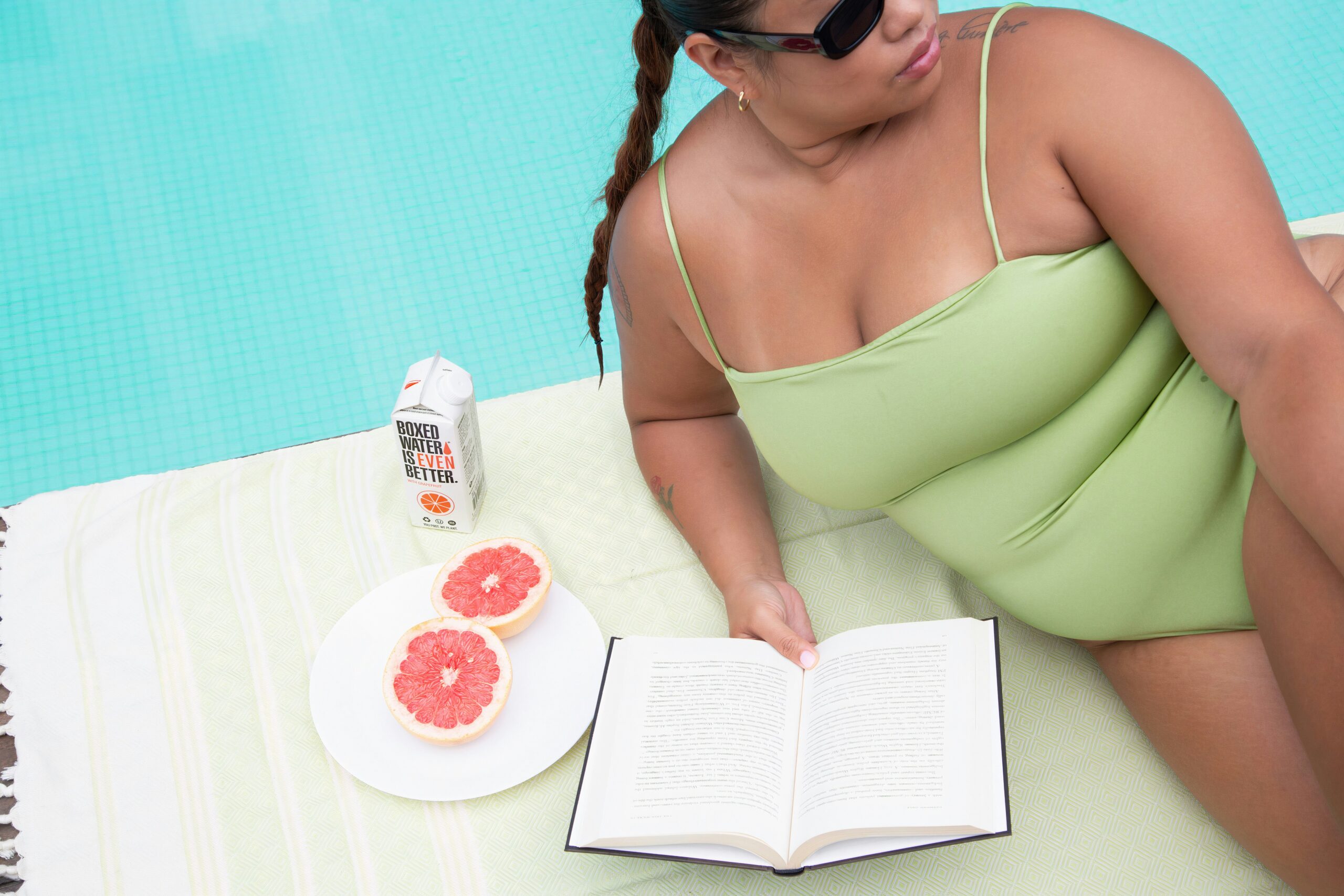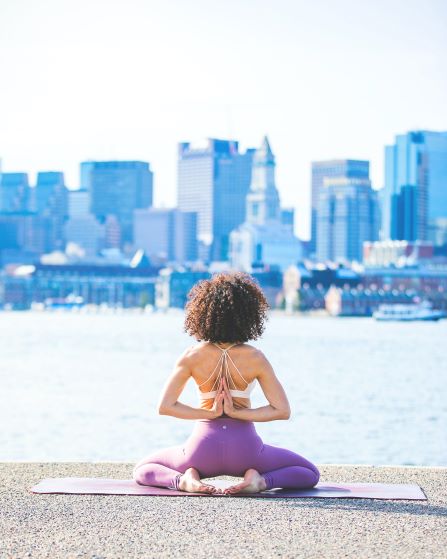Tired of Insomnia? Check your Heart Rate

Sleep Tracking
Many of my patients have undergone sleep studies with little result. It is difficult to sleep normally in a strange place with your body plugged into machines. Sleep tracking at home makes a lot more sense and companies like the Oura ring have really upped the game on this. Oura is using heart rate variability to go deeper with sleep. You learn what works because you see the patterns of your sleep everyday in your own environment. Getting this daily feedback makes it easy to see what changes work. This is really technology at it’s best.
the Calm, Cool Cycle
Your bedroom needs to be 18 degrees C or cooler in order to have optimal sleep. Sleep efficiency is tracked based on how you fall and stay asleep. Timing is one of the biggest factors in getting a good score. Most of your body’s essential regulatory processes happen in 24 hour cycles. Hunger, temperature and hormone release all contribute to the circadian rhythm. If we work with this our performance, health, sleep and recovery will be a lot easier than if we work against it. You want the midpoint of your sleep cycle to fall between midnight and 3am. Going to bed too late will interrupt this. Alcohol inhibits sleep by raising your body temperature. If you are going to have a drink do it earlier.
REM & Deep Sleep
Rapid eye movement (REM) sleep energizes your mind and body. It is associated with dreaming, memory consolidation, learning and creativity. Adults need approximately 1.5 – 2 hours of REM sleep per night. A regular sleep schedule supports this. Avoiding heavy food before bed does as well. Deep sleep is where muscle repair and growth happen. This is where your blood pressure drops. Your heart and breathing rates are regular. You experience deep, restorative rest. Adults get about 1 to 1.5 hours of deep sleep per night. Staying away from screens and caffeine in the evening supports deep sleep.
Heart Rate Variability
Your resting heart rate is the number of times your heart beats per minute at rest. It is an important contributor to your readiness for life. When your resting heart rate is below your average it is a sign of good recovery. Too high or low can indicate the need to ease off and do something restorative. The Oura ring tracks heart rate variability and gives you daily readiness scores so you can adjust in a way that’s smart. Timing your active times and workouts earlier in the day does increase your sleep score.
Meditation
As many of you know, I am a strong advocate of meditation for health and happiness. Having trained and practiced for over 15 years in somatic meditation, I have experienced and witnessed the positive changes. Meditation can support your sleep in ways nothing else does with no negative side effects. I also use botanicals, labs and other lifestyle modifications to repair sleep. You can find my favourite sleep support here.
“HRV (heart rate variability) biofeedback shows that the sympathetic nervous system is counterbalanced by increased vagal tone, and autonomic balance is enhanced by meditation.”
Research on meditation improves homeostatic regulation of the autonomic nervous system and reduces cortisol. Attention and focus increase. Participants in a 6 week study reported a sense of happiness and calm that was new. The ability to emotionally regulate themselves and attune to others was highlighted as another positive outcome of regular meditation.
“
Related Posts
 Wonder Creates Health and Resiliency
Wonder Creates Health and Resiliency





